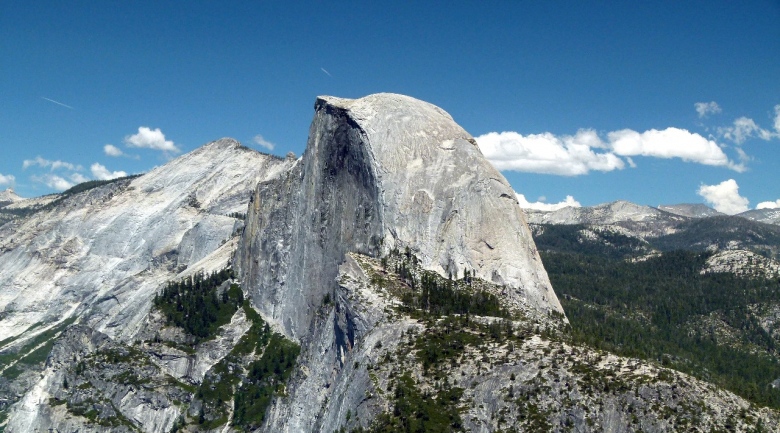
Exxon shareholders have rejected most proposals to increase reporting on climate change. But they accepted a resolution that could see a climate activist elected to the board in the future. Despite opposition, just over 60% of investors backed the motion that would allow small shareholders to nominate anyone to join the board.
Exxon said it would re-evaluate its policies. It was the first shareholder decision accepted by Exxon in 10 years. Called the proxy access measure, it was the only one of 11 resolutions related to climate change to pass at the Exxon annual general meeting in Dallas, Texas.
It allows anyone who has 3% of the company’s shares to propose a candidate for the board. At present only the existing board can nominate new members for shareholders to vote on.
"It’s an extremely strong vote, a very strong majority vote in an area where Exxon has been an outlier," said Edward Mason from the Church Commissioners, which represents the Church of England’s investments.
"It could well have implications for climate change if implemented." Last year the proposal fell just short of a majority, but in the interim, similar proposals had been accepted by over 80 big companies.
Speaking after the meeting, Exxon CEO Rex Tillerson said that the board would have to reflect on the result of all the shareholder resolutions.
"Each shareholder resolution is assigned to the relevant committees of the board and they will review the results and begin the discussion around what if any further action we should take around those votes, including the trends," he said.
CEO Tillerson made an impassioned defence of the use of fossil fuels well into the future.
"The reality is there is no alternative energy source known on the planet or available to us today to replace the pervasiveness of fossil fuels in our global economy, in our very quality of life, in our very survival," he said during questioning by shareholders.
"It is a balance event between future climatic events that could be catastrophic but are unknown and the more immediate needs of humanity."
This approach didn’t impress many activists who had campaigned for change.
One of the people who asked a question at the AGM was Anna Kalinsky, the granddaughter of the late Exxon scientist, Dr James Black. In the 1970s, he said that the burning of fossil fuel was increasing carbon dioxide levels and was a likely cause of global warming.
"Exxon is continuing to have an effect on the environment, Exxon is continuing to fund climate denial and Exxon needs to turn that around," she said.
